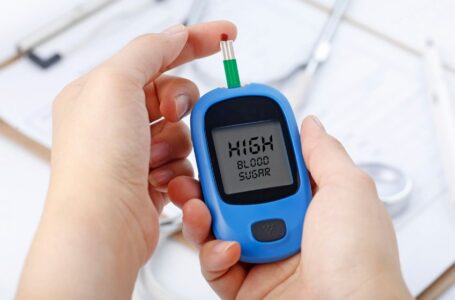Early Warning – Unusual Symptoms of a Heart Attack You Shouldn’t Ignore

Heart attacks are often dramatised in movies as sudden, intense chest pain, leaving little room for doubt about what’s happening. However, in reality, the onset of a heart attack can be much more insidious, with symptoms appearing subtly and sometimes up to a month in advance. Recognising these early warning signs can be crucial for timely medical intervention and can potentially save lives. Here’s a look at some of the less obvious symptoms that might indicate a heart attack is on the horizon.
1. Unusual Fatigue
One of the most common yet frequently overlooked symptoms of an impending heart attack is unusual fatigue. This isn’t just the tiredness felt after a long day or lack of sleep but a profound and unexplained exhaustion that doesn’t seem to improve with rest. This fatigue can occur during activities that were previously manageable without effort. The heart, struggling to pump blood through clogged arteries, makes simple tasks feel unusually challenging.
2. Shortness of Breath
Another subtle sign that can precede a heart attack by weeks is shortness of breath. This symptom occurs when the heart is unable to pump enough blood to meet the body’s needs. Individuals might find themselves gasping for air after minimal physical exertion or even while resting. If you notice a significant change in your breathing pattern, it’s essential to consult a healthcare professional.
3. Indigestion, Nausea, or Stomach Pain
Many people don’t associate digestive issues with heart problems, but these symptoms can indicate a heart attack. Some victims experience bouts of severe indigestion or recurrent nausea without any clear dietary triggers. Others might have an unsettling ache in the stomach, which can easily be mistaken for a minor aliment. These symptoms occur because the heart, struggling with its own blood supply, causes reflex symptoms in the digestive system.
4. Sleep Disturbances
Changes in sleep patterns, including frequent waking or feeling anxious and restless at night, can also precede a heart attack. Some patients report waking abruptly with a feeling of doom despite no apparent nightmare. These disturbances are linked to subconscious stress from the body as the heart’s function diminishes and fails to deliver adequate oxygen and nutrients during the night.
5. Increased Sweating
Breaking out in a cold sweat for no apparent reason is another red flag that might signal a heart attack. This sweating can be more than what is typical for your body and usually occurs without the presence of physical exertion or high temperatures. The sweat may feel clammy or cold to the touch and is often described as “stress sweat,” akin to what might be experienced during anxiety or nervousness.
6. Flu-like Symptoms

In some cases, individuals about to suffer a heart attack may experience symptoms commonly associated with the flu. These can include a general feeling of malaise, vague discomfort, mild pain in the body, or even feverish feelings. These symptoms are tricky because they mimic those of many minor illnesses, leading many to write them off as just a seasonal bug.
7. Jaw, Neck, or Back Pain
While chest pain is a well-known symptom of a heart attack, pain can manifest in other areas of the body that seem unrelated. Some individuals experience pain in the jaw, neck, or upper back, which can intermittently increase and decrease in intensity. This type of pain should not be ignored, especially if it’s not linked to recent physical strain.
Heart attacks can present subtle symptoms weeks in advance, including unusual fatigue, shortness of breath, indigestion, sleep disturbances, increased sweating, flu-like symptoms, and pain in the jaw, neck, or back. Recognizing these signs is crucial for timely medical intervention and can save lives.
Recognising these unusual symptoms as potential warnings of a heart attack can be life-saving. It’s important for everyone, especially those with risk factors such as hypertension, high cholesterol, smoking, or a family history of heart disease, to be vigilant and proactive in seeking medical advice when such symptoms appear. Awareness and prompt action are key in preventing the severe outcomes of heart attacks.





